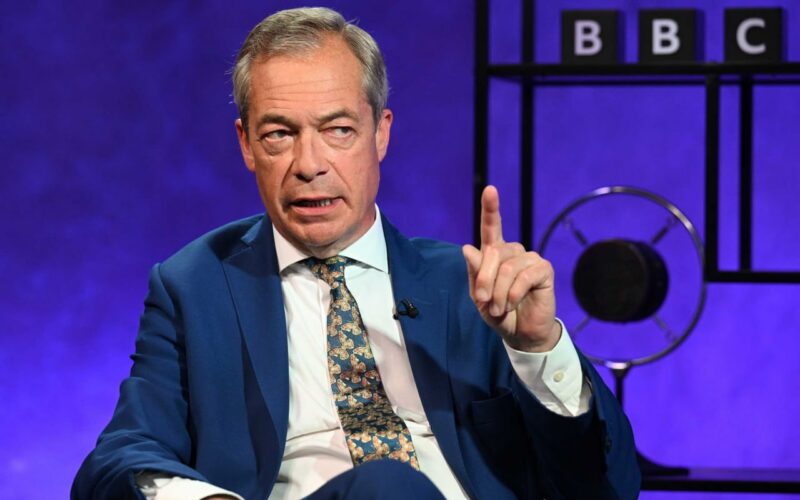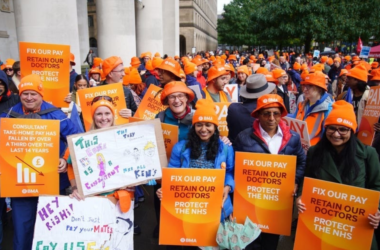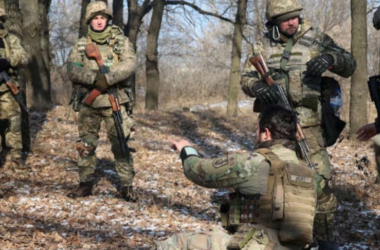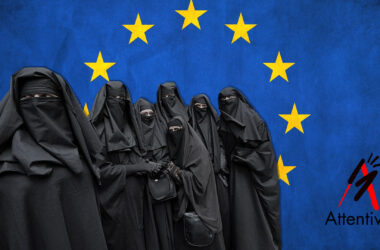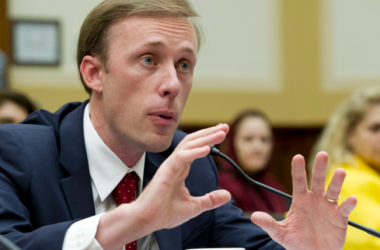Nigel Farage, leader of the Reform UK party, has advocated for the West to enter into “sensible” negotiations with Russian President Vladimir Putin over the ongoing conflict in Ukraine. Farage’s comments have sparked controversy, with critics accusing him of echoing Russian propaganda.
In a televised interview for an ITV election special, Farage reiterated his stance that the conflict in Ukraine had reached a “complete stalemate,” with significant loss of life being a major concern. He emphasized that pursuing negotiations could potentially lead to peace, or at least offer a chance to explore solutions.
“Even if negotiations to try and find a peace or a way through fail, I think it’s better to have those negotiations than not,” Farage stated. He also argued that past actions by NATO and the European Union, such as their eastward expansion, had provoked Moscow, though he clarified that these provocations were “up until a few years ago.”
Despite his push for talks, Farage expressed support for providing munitions and assistance to Ukraine. He criticized the effectiveness of sanctions on Russia, suggesting that they had merely pushed Putin closer to China. “We’ve tried of course through sanctions to weaken him, but all that’s actually done is drive him into the arms of China,” Farage noted.
Farage’s remarks have been met with strong backlash from various political figures, including Prime Minister Rishi Sunak and Foreign Secretary James Cleverly. Sunak condemned Farage’s comments as “completely wrong,” arguing that they play into Putin’s hands and undermine Britain’s security. He pointed to Putin’s previous actions, such as deploying nerve agents on British soil and engaging with North Korea, as reasons why appeasement is dangerous.
Cleverly echoed these sentiments, stating that Farage’s views do not align with Conservative Party values. He criticized the Reform UK party for making statements that seem to align with Putin’s rhetoric and cited historical examples to emphasize the UK’s commitment to defending democracy and freedom.
Farage has previously made statements suggesting that NATO and EU expansion provided a rationale for Putin’s actions. He has also acknowledged his “admiration” for Putin as a political operator while expressing personal dislike for the Russian leader.
In response to the backlash, Farage defended his position in an article for the Sunday Telegraph, insisting that acknowledging past mistakes is essential for achieving a peaceful future. He clarified that he has never supported Putin and described the conflict in Ukraine as “immoral, outrageous, and indefensible.”
The ongoing conflict in Ukraine has led to a humanitarian crisis and significant geopolitical tensions. Efforts to negotiate a resolution have been complex, with various international actors involved in supporting Ukraine or imposing sanctions on Russia.
Farage’s call for negotiations reflects his perspective on the need to address the conflict through dialogue, despite widespread criticism and concerns about the potential implications for Western security and international alliances.




